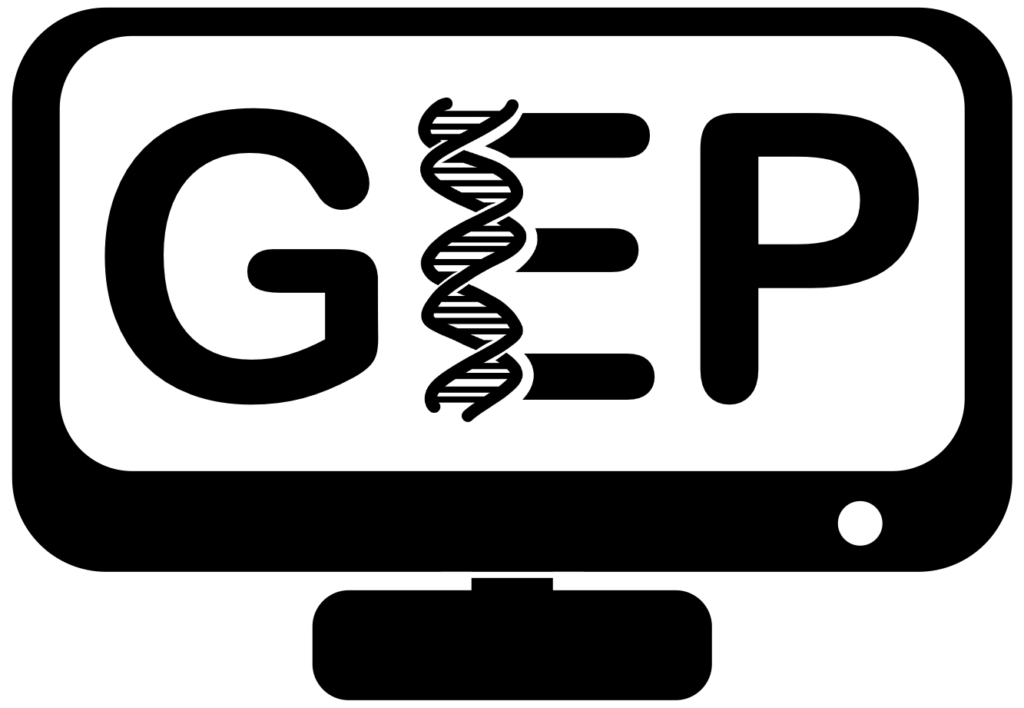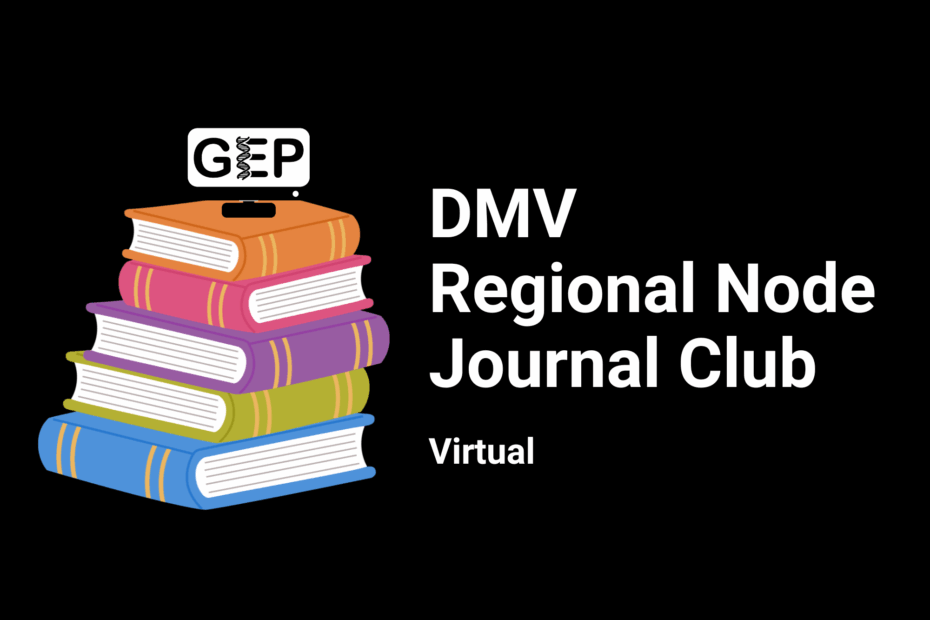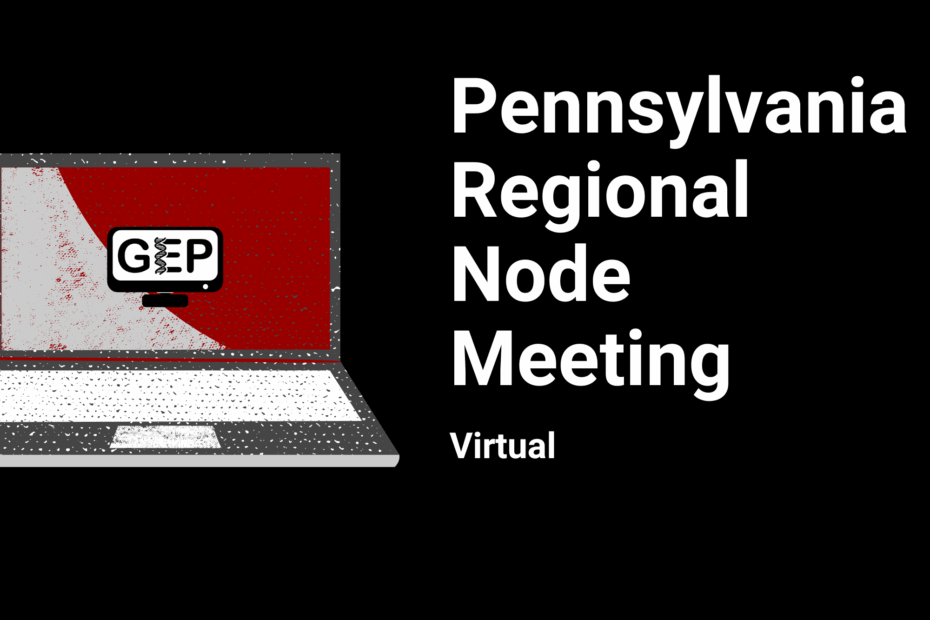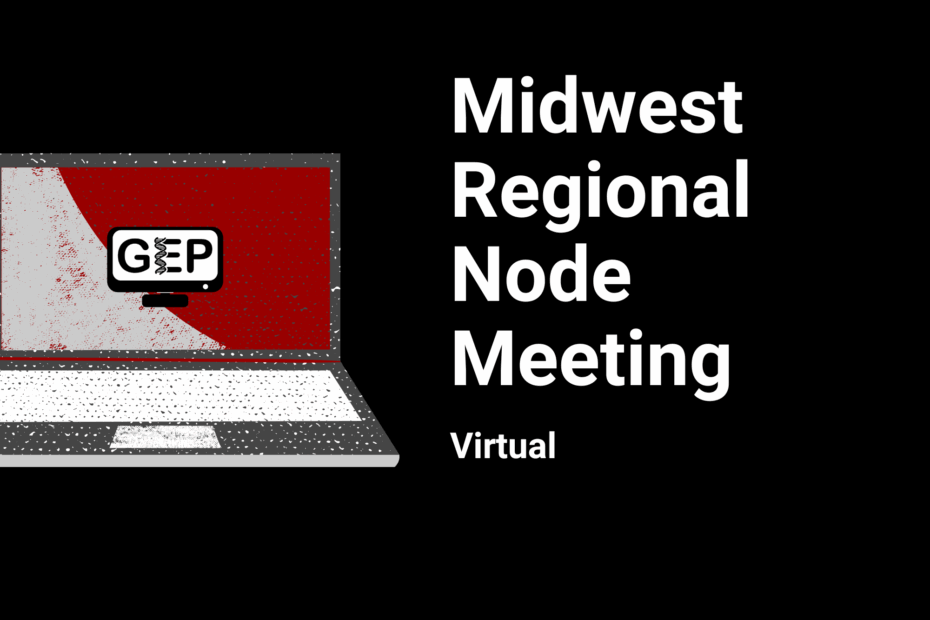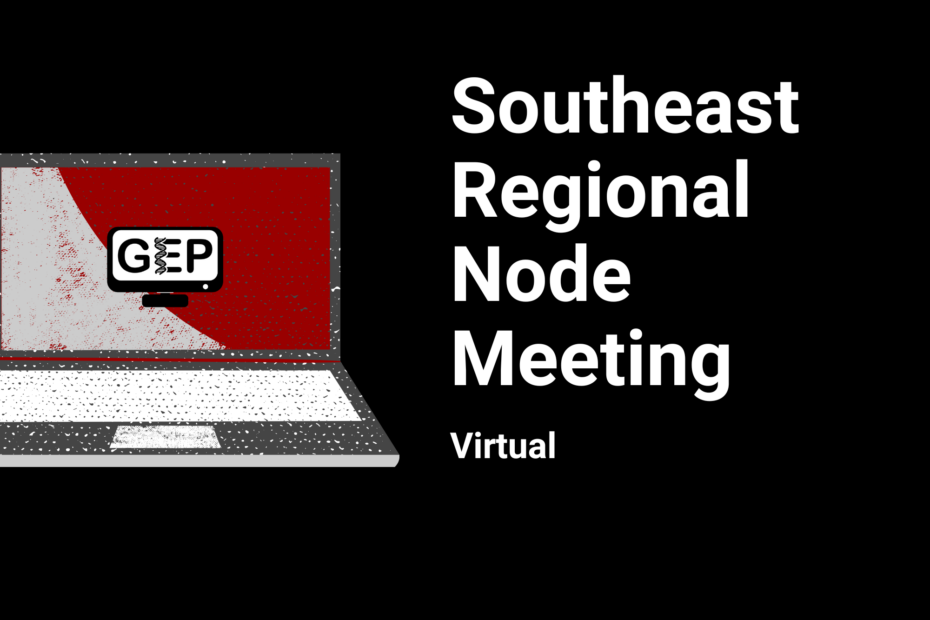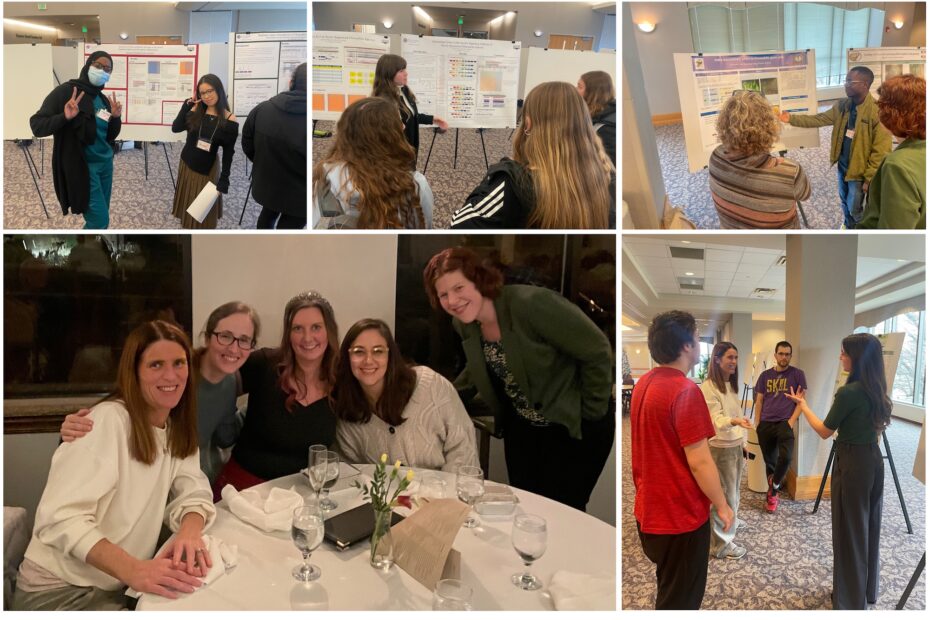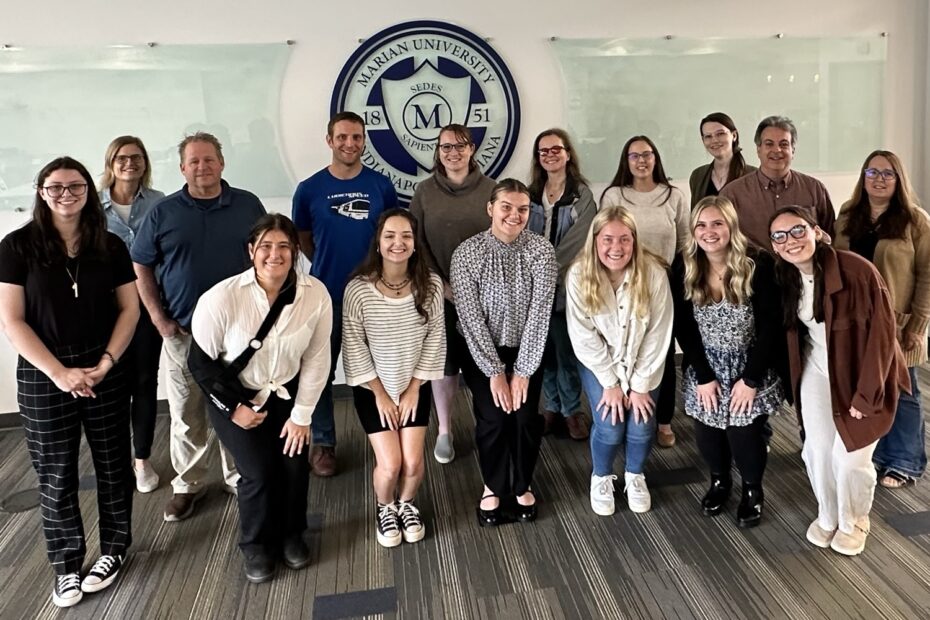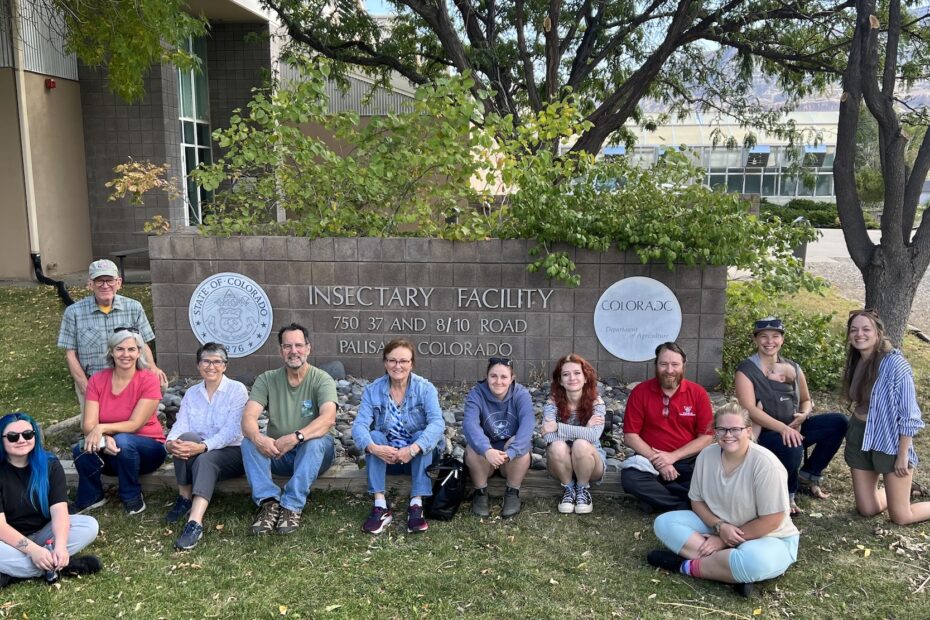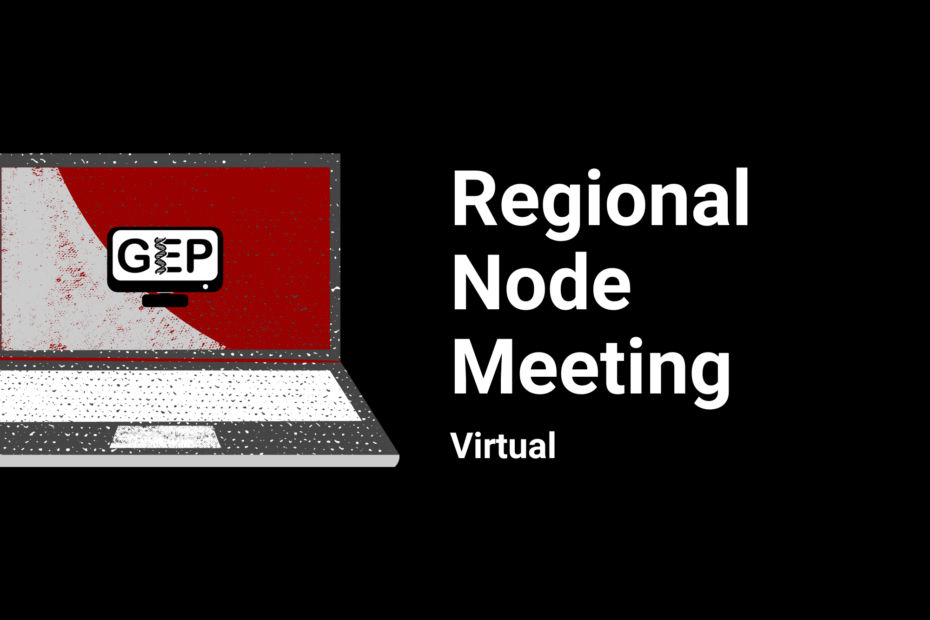DMV Regional Node Journal Club Series (2024-2025 Academic Year)
Paper discussions were facilitated by Matt Wawersik, Christy Fleet, Natasha Minkovsky, and Melinda Yang. Node leader Matt Wawersik organized the events and typically five to seven GEP faculty participated in each session.
What worked well for your event that might help others plan similar events?
Community-building opportunities. The pedagogy journal club structure gave us a chance to discuss things we were trying at our own institutions, as well as challenges we were running into.
What lessons were learned from challenges in the planning or execution of the event that might be helpful for others planning events?
Initially, we were disappointed to not have more participation from the node, but those who did attend found that the group was helpful. Having the monthly online journal club didn’t take nearly as much effort as organizing an in-person event, and still allowed us to maintain community, so for us, it was a sustainable option.
